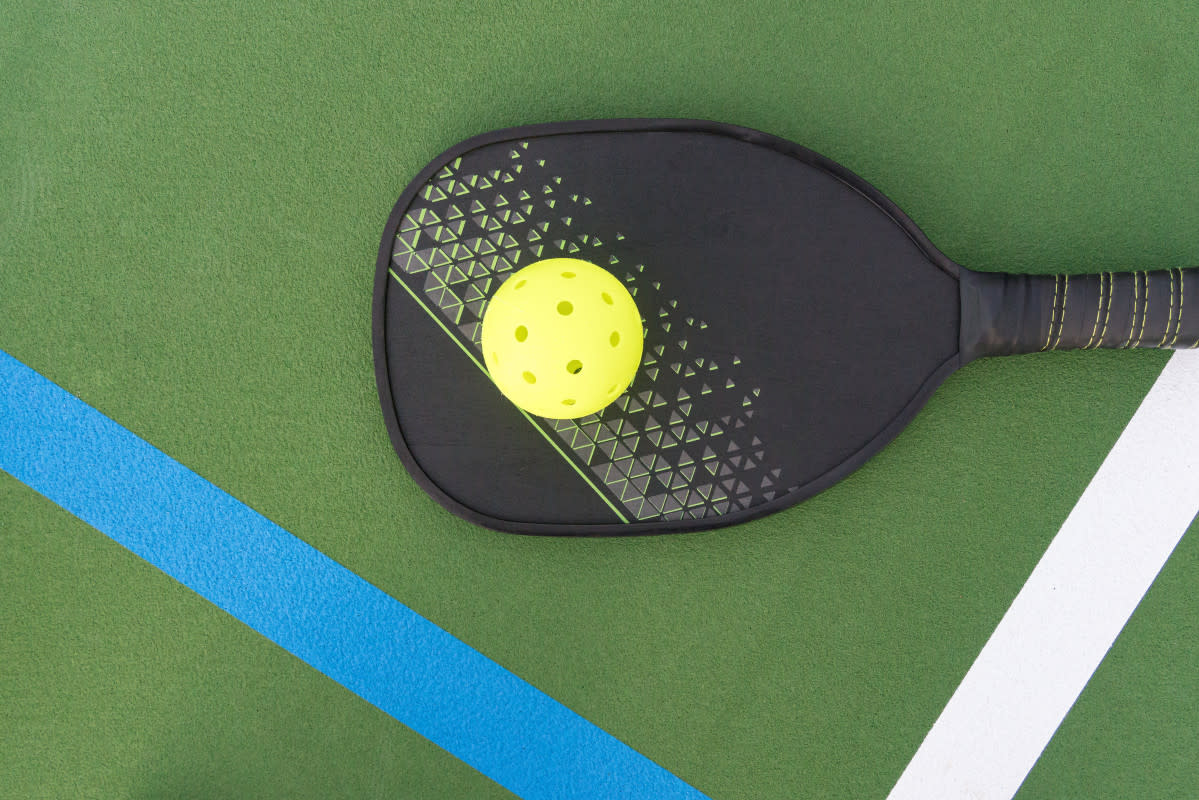How Scientists Are Trying to Make Pickleball Quieter

The fastest-growing sport in America is about to start looking—and sounding—very different. As pickleball courts have proliferated across the country, so too have complaints about the constant "pop-pop-pop" noise of plastic balls being paddled back and forth. Now, pickleball companies and determined scientists are looking to solve the problem.
USA Pickleball, the sport's governing body, just certified its first-ever "quiet category" paddle developed with the purpose of reducing the sport's sonic impact. It was built by OWL Sport, a company born out of some avid pickleballers' desire to make less noise when hitting balls.
"USA Pickleball conducted research over a 15-month period to accurately characterize the sport’s acoustic signature, identifying both achievable and meaningful thresholds for the Quiet Category specification while maintaining an expected performance envelope,” Carl Schmits, the organization's managing director of equipment standards, said in a statement. The OWL paddle should hopefully be the first of many, as Schmits revealed "many manufacturers have leaned in and are working on products for this category."
The issue with having scientists and companies work in tandem was finding a happy medium that would reduce the noise made from striking a ball while not drastically altering the way the sport is played. According to Axios, Schmits said USA Pickleball officials were "concerned that the technology required to reduce the acoustic signature [of pickleball] would significantly change the nature of the sport."
"In the end, we came up with the specs that we were comfortable with," he continued. "They needed to be achievable—too low a target would be too difficult and present engineering challenges—and they needed to be meaningful."
Related: Meet the Man Responsible for the Pickleball Resurgence
Beyond creating a better paddle, researchers and pickleball companies are also focusing on the plastic balls themselves, as they're an even bigger noise culprit than the paddles. Standard paddles and balls can register sound levels upwards of 80 decibels, comparable to a vacuum cleaner or a busy city street and quieter than noise from tennis matches. "The largest global brands are looking at development of quiet balls, and we're very excited about that," Schmits said.
"If the ball component can be addressed satisfactorily, that is the greatest common denominator," he pointed out. "If all players are using the ball, it may not matter what paddle they're using."
Good news for people who live next to pickleball courts and have complained about the sound reminding them more of a shooting range than a sport.

